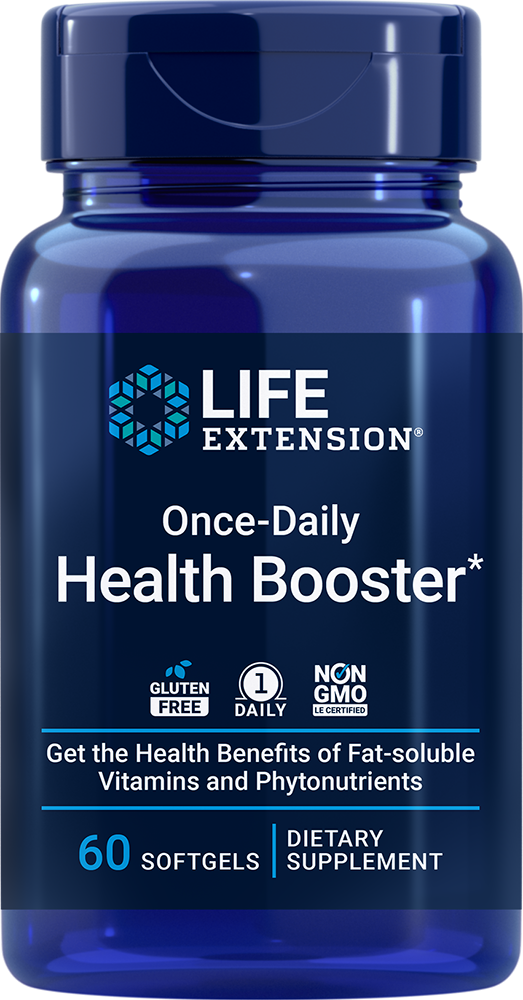
Newsletter
Newsletter
Study suggests supplementation with taurine and magnesium could decrease cardiovascular disease progression.



Tuesday, August 9, 2016
Study suggests supplementation with taurine and magnesium could decrease cardiovascular disease progression.
On July 14, 2016, the journal Hypertension Research reported the findings of an increase in endothelial progenitor cells and a decrease in free radical levels in association with supplementation with taurine and the mineral magnesium in rats and in humans. The body's endothelial progenitor cells repair damage to the lining of the arteries that leads to cardiovascular disease. Free radical formation, when unchecked, is another factor involved in cardiovascular disease development.
In the human study, 125 healthy men between the ages of 18 and 25 years received 3 grams taurine, 340 milligrams (mg) magnesium, or a placebo daily for two weeks. Taurine and magnesium supplementation decreased free radical levels and thiobarbituric acid reactive substance (TBARS) scores (a measure of lipid peroxidation) by the end of the treatment period. In comparison with pretreatment levels, endothelial progenitor cell colony-formation numbers, which reflect the vascular repair function of endothelial progenitor cells, significantly increased in taurine- and magnesium-supplemented participants.
The animal experiment included normal rats and spontaneously hypertensive rats that develop high blood pressure at five to six weeks of age. Both groups were provided with high-salt drinking water, which increases blood pressure. The spontaneously hypertensive rats were given taurine, magnesium, taurine plus magnesium, or a low magnesium diet for four weeks, while normal rats received a low magnesium diet.
Animals that received taurine and magnesium had significantly lower free radical levels and TBARS scores at the end of four weeks. While taurine or magnesium alone significantly increased epithelial progenitor cell colony formation, the combination of both nutrients resulted in the greatest increase.
"Oxidative stresses shorten the lifespans of stem cells and progenitor cells, which prevents them from repairing tissue and organ damage, leading to an accumulation of damage and a shortened lifespan," the authors explain. "The lifespans of progenitor cells, including endothelial progenitor cells, which are regulated by oxidative mechanisms, influence the length of human life."
"These findings indicate that the dietary intake of taurine and magnesium may prolong lifespan by facilitating the repair of impaired endothelial functions and thereby preventing the progression of cardiovascular diseases," they conclude.
 |
|
|||||||||||||||||
|
||||||||||||||||||
 |
|
|||||||||||||||||
|
||||||||||||||||||
How Life Extension lab testing works
Connecting to Agent...
Chat Hours: Sun - Fri|11AM - 6PM (ET)
How was your experience with our Agent?